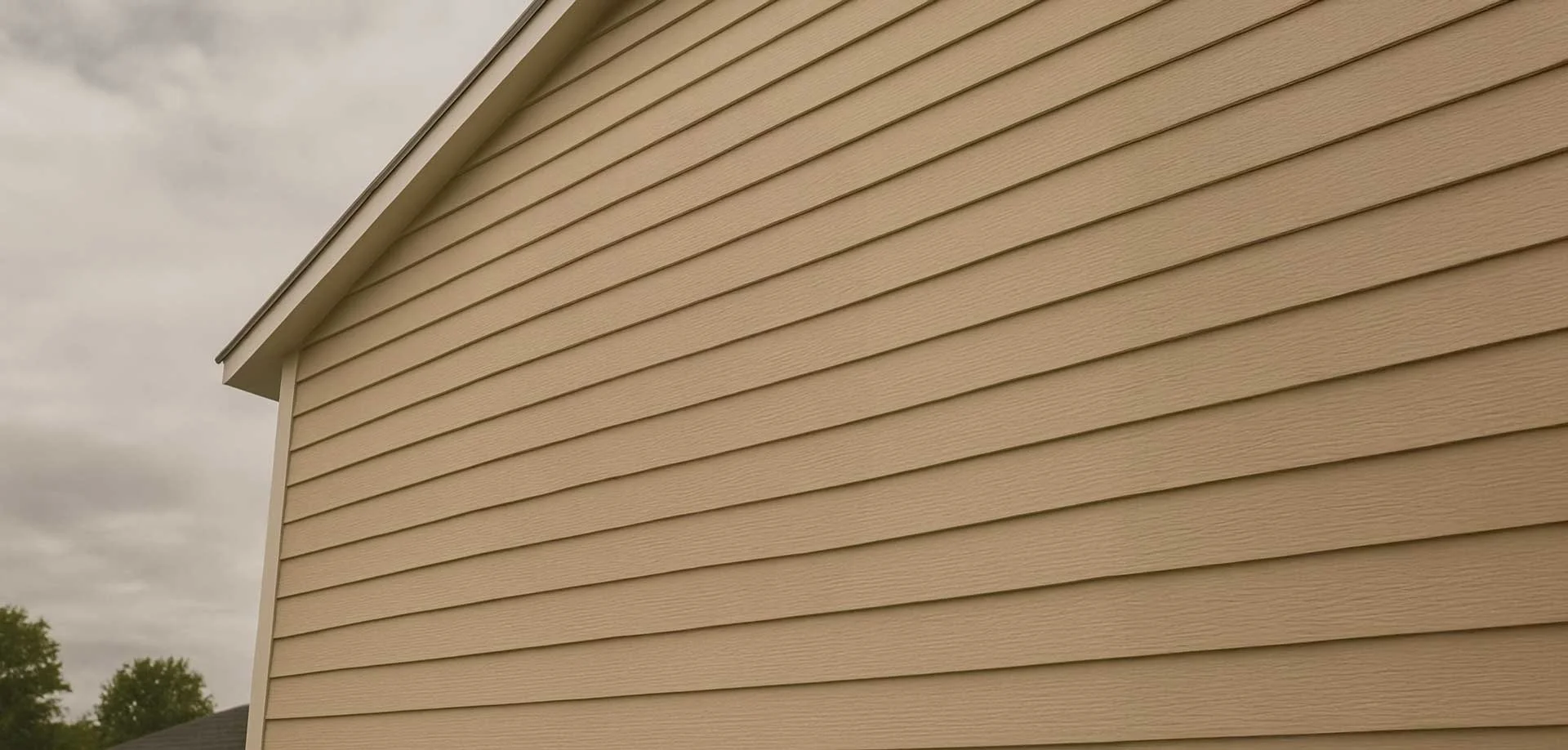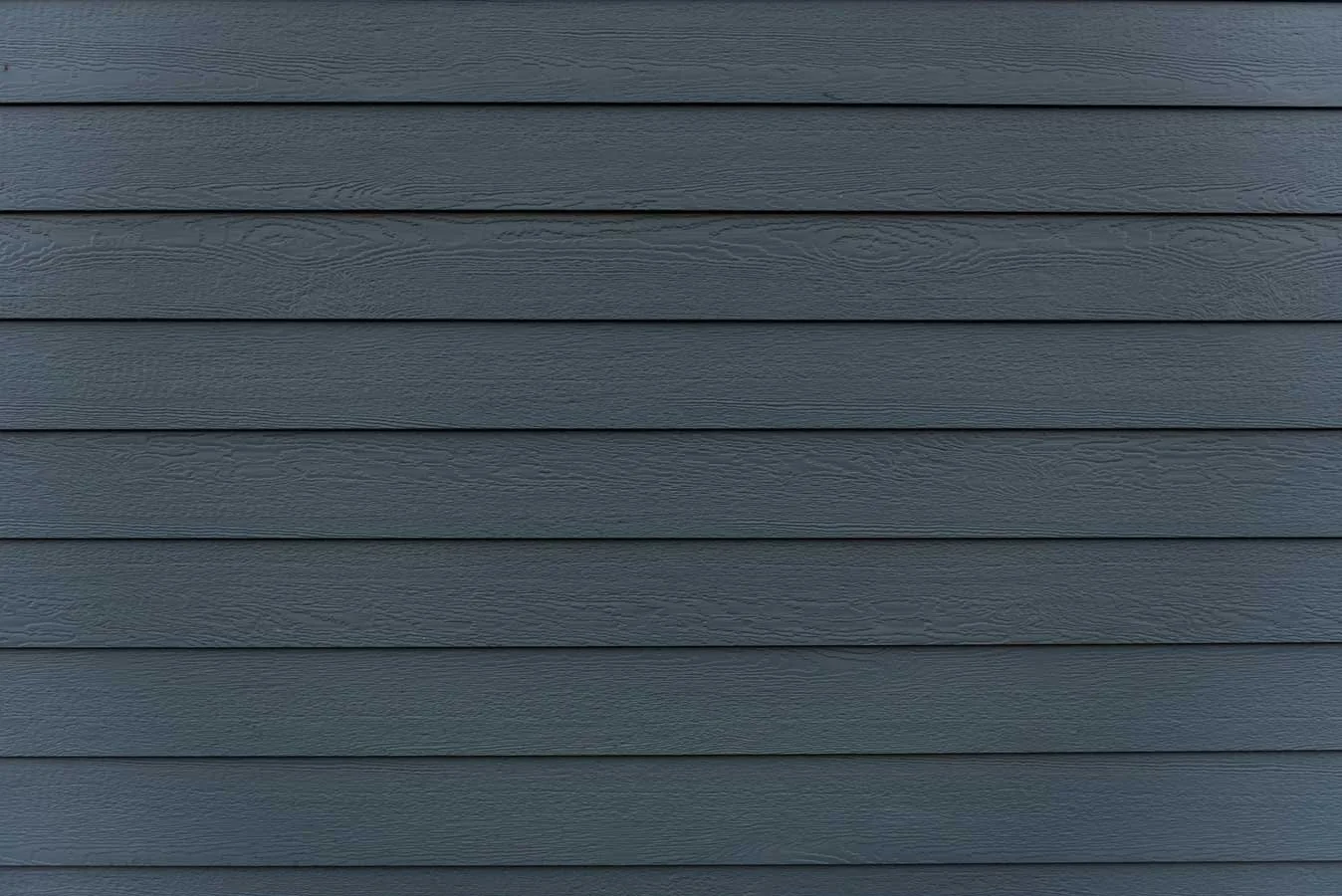
Fiber Cement Siding in Halifax NS
Fiber Cement Siding Built for Strength, Style and Halifax Weather
Get the wood look without the upkeep. At Elevation Siding Halifax, we install James Hardie fiber cement siding, durable, low-maintenance, and designed to handle Atlantic Canada’s harsh conditions.
Why Homeowners Choose Fiber Cement
Strong, beautiful, and built to last up to 50 years. Fiber cement siding resists rot, fire, pests, and moisture while keeping its color and finish for years. It’s perfect for Halifax homeowners who want premium curb appeal and lasting value.
Key Advantages
Withstands rain, snow, and high winds
Fire- and pest-resistant
Low maintenance—no frequent repainting
Authentic woodgrain textures and modern styles
Before You Choose
Fiber cement costs more than vinyl and needs professional installation, but its longevity and durability make it a smart long-term investment.
For those who love the look of wood but not the upkeep or cost, fiber cement siding offers an excellent alternative. It's designed to be more durable than wood, with strong resistance to termites, warping, cracking, and damage from rain or frost. It’s also non-combustible, highly resistant to UV rays and water, offering long-term peace of mind.
Getting started is easy as 1 - 2 - 3
Step 1.
Our expert estimator will meet with you to discuss the scope of work and take measurements
Step 2.
An easy to understand quote will be sent to you detailing what’s included
Step 3.
When you are ready to proceed, simply approve the quote and we will confirm your installation schedule

